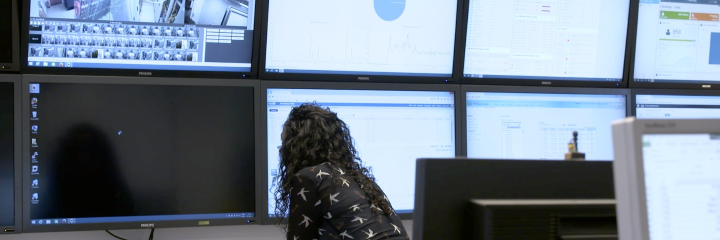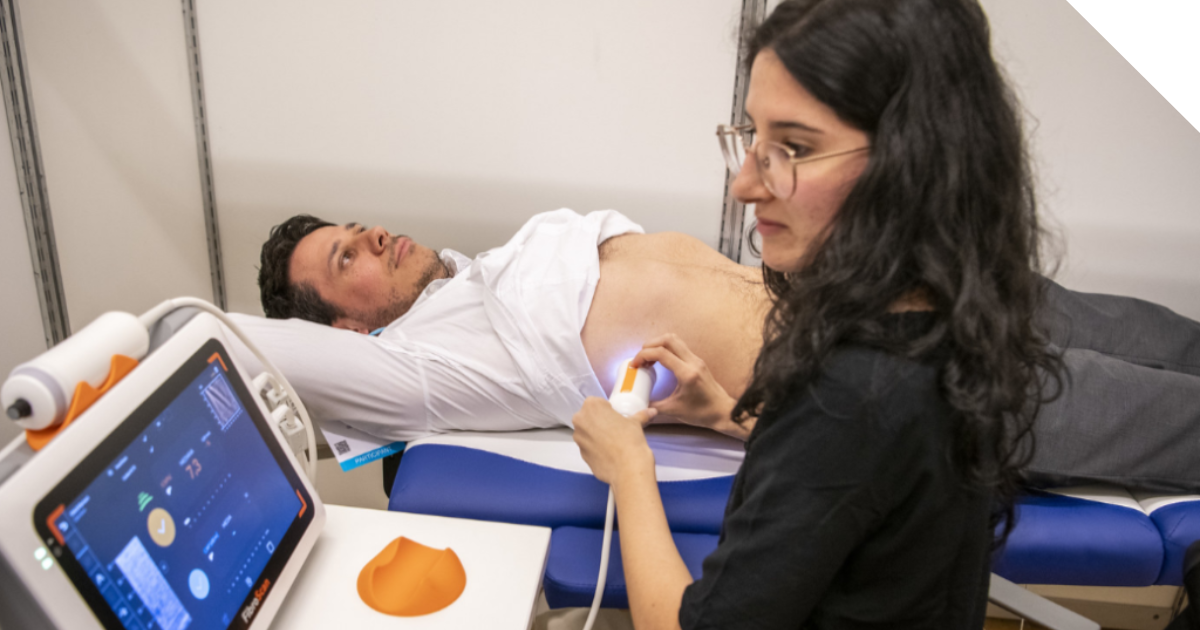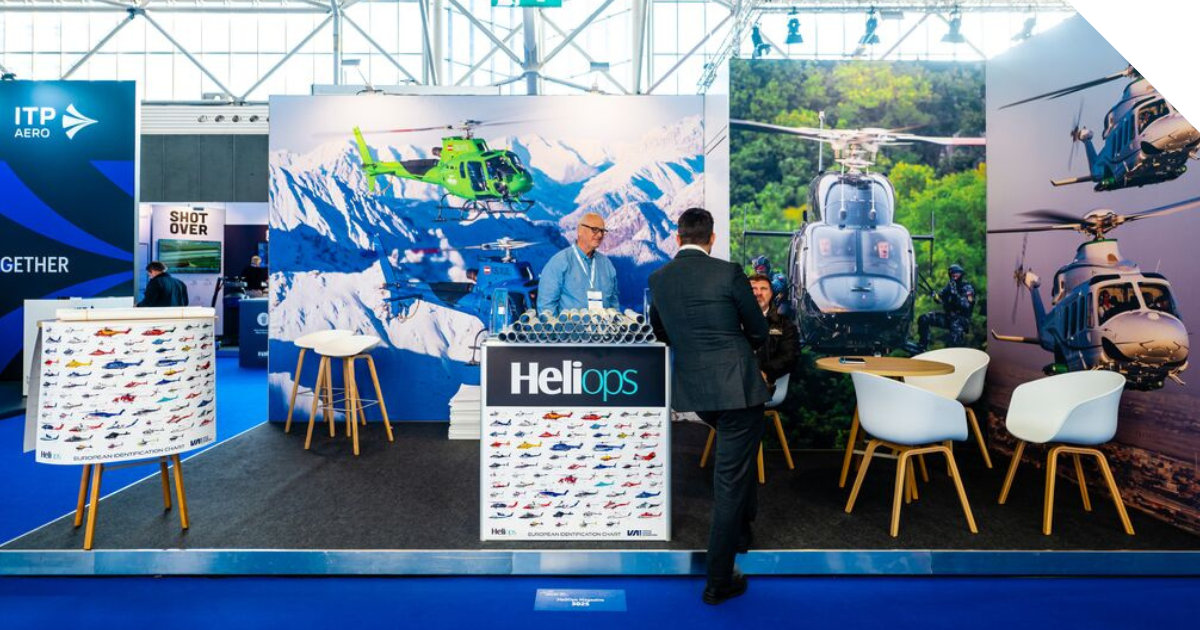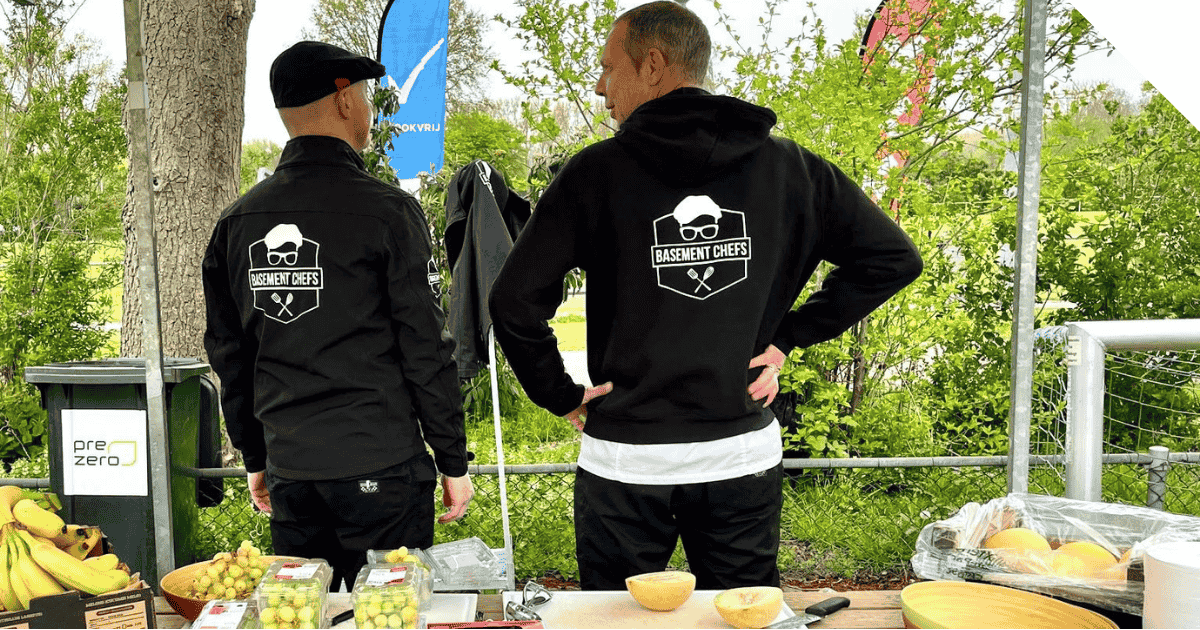Secure your event in seven essential steps
Rik Hoogendoorn
Wednesday, 6 December 2017
The nature of event security has changed dramatically in recent years. A wave of bombings and shootings, and the growing impact of cybercrime, have led to a different perception of the threats. What can you do today to properly secure your event while ensuring that visitors still have the best possible time?
Where safety often used to be little more than an afterthought in the budget, today the topic gets a lot of attention, even at boardroom level. And rightly so: risks now come from many directions and can be extremely disruptive. We see an unfortunate confirmation of this in the news almost every week. And that says nothing about the things that remain invisible to us – the averted calamities and foiled cyberattacks. We are vulnerable, but there is much we can do together to keep events safe. So make sure safety is an integral part of your plan from day one.
Everything starts with identifying the risks. To do this, we use a simple list of seven questions for each event. The answers give an indication of the risk factors affecting the event. For example: How many people will attend? What is the background of the organisation? Are there any controversial speakers or guests? Is the topic politically sensitive? If any of these questions raises a red flag, we make sure to pay extra attention. This check is important to ensure that nothing is overlooked. For instance, we recently analysed a fun event with 400 children – simple and straightforward, at first sight. But when we took into account that the children shared a specific religious background, we knew that additional issues would need to be kept in mind.
The threat of attacks has increased markedly over recent years. Less visible, but equally important, is the threat of cybercrime or cyberattacks.
A security event in RAI Amsterdam recently explored this subject. A particular risk factor today is the way that the physical and digital worlds are so intertwined. Because a cyberattack can have enormous consequences in the real world, security is not just a matter for the safety & security manager. This is why I work closely with our IT manager Bret Baas. The main principle of our IT approach to safety is to not give intruders a chance in the first place. Make sure your IT system is not in open communication with procedures affecting visitors or exhibitors, preventing contagion of an event should a hack or attack occur.
Loading component...
Also Interesting
Receive our newsletter - straight to your inbox!



